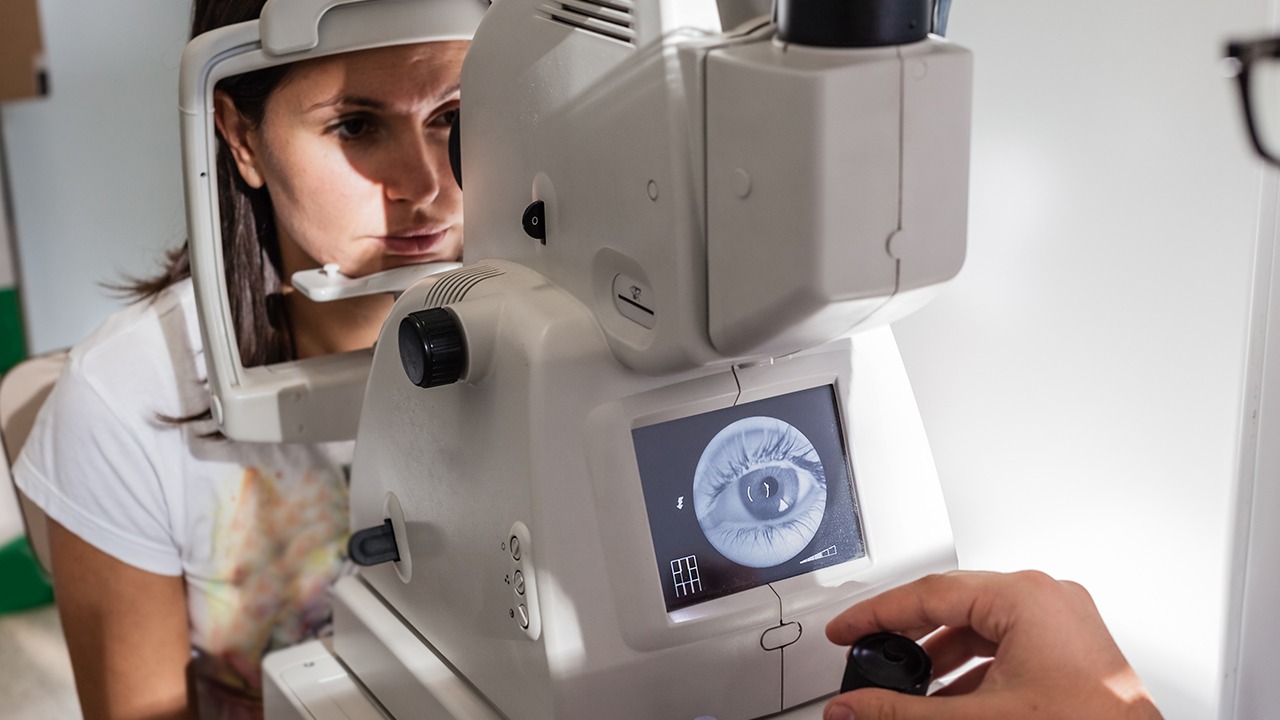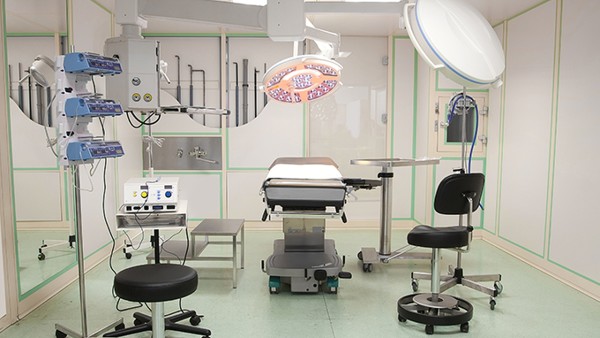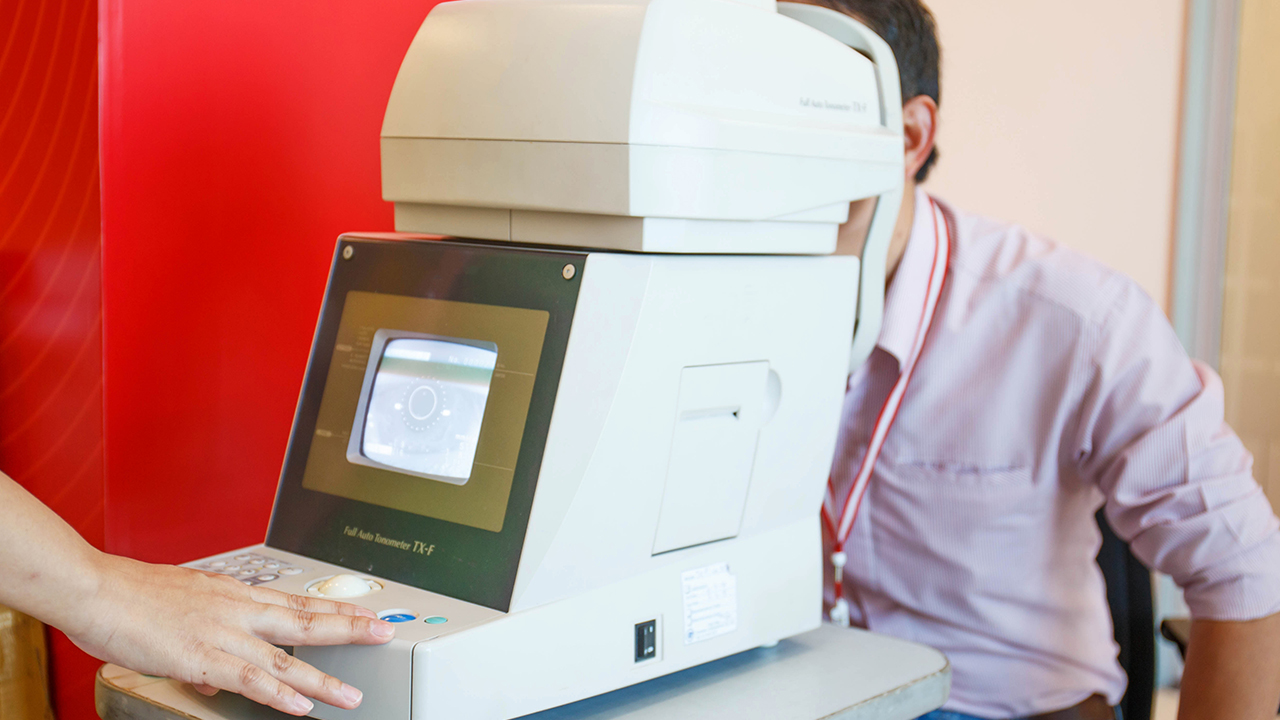Breastfeeding Mothers Should Pay Attention

Proper Breastfeeding Techniques
Breastfeeding is a natural and rewarding experience for both mother and baby. However, it's important to learn proper breastfeeding techniques to ensure the baby is getting the nourishment they need and to prevent discomfort for the mother.
Position yourself comfortably. Sit in a relaxed position with your feet flat on the floor and your back supported. Hold the baby close to your body, with their nose level with your nipple.
Latch the baby on properly. Open the baby's mouth wide by gently touching their lower lip with your finger. When the baby's mouth is wide open, quickly bring them to your breast and aim their lower lip towards the bottom of the areola. The baby should latch on to both the nipple and the areola.
Adjust your baby's position. The baby should be facing your body with their head tilted back slightly. Their nose should be touching your breast and their chin should be touching your chest.
Monitor your baby's sucking. The baby should be sucking rhythmically and deeply. You should hear a swallowing sound as they nurse.
Breastfeeding Challenges and Solutions
Breastfeeding mothers may encounter various challenges, which can be overcome with the right support and guidance.
Sore or cracked nipples:
Ensure the baby is latched on properly.
Apply a nipple cream or ointment after each feeding.
Take a break from breastfeeding for a few hours to let the nipples heal.
Use breast shells to protect the nipples during the day.
Engorgement:
Nurse frequently to reduce milk production.
Apply cold compresses to the breasts.
Massage the breasts gently to help milk flow.
Wear a supportive bra to reduce discomfort.
Mastitis:
This is an infection of the breast tissue.
Symptoms include fever, chills, breast pain, and redness.
Seek medical attention promptly if you suspect mastitis.
Low milk supply:
Nurse frequently to stimulate milk production.
Pump after each feeding to increase milk production.
Drink plenty of fluids and eat a healthy diet.
Consider taking a lactation supplement.
Nutrition and Lifestyle for Breastfeeding Mothers
Breastfeeding mothers have increased nutritional needs to support their own health and the growth of their baby.
Diet:
Eat a balanced diet that includes plenty of fruits, vegetables, whole grains, and lean protein.
Increase your calorie intake by approximately 500 calories per day.
Drink plenty of fluids, especially water.
Supplements:
Consider taking prenatal vitamins or a postnatal supplement.
If you are not getting enough DHA from your diet, you may want to take a DHA supplement.
Lifestyle:
Get enough rest.
Avoid smoking and alcohol.
Manage stress levels through exercise, yoga, or meditation.
When to Seek Help
It's important to seek help from a healthcare professional if you are experiencing any difficulties with breastfeeding. They can assess your situation and provide guidance. Common signs that you may need help include:
Sore or cracked nipples that do not improve with home care
Engorgement that does not resolve with frequent nursing
Mastitis
Low milk supply
Baby not gaining weight or losing weight
Difficulty latching on or sucking
Conclusion
Breastfeeding is a natural and rewarding experience, but it can come with a set of challenges. By learning proper breastfeeding techniques, addressing common issues, and ensuring adequate nutrition and lifestyle, breastfeeding mothers can overcome these obstacles and enjoy the benefits of breastfeeding for both themselves and their babies. Remember, don't hesitate to seek professional help if you need it.
The above is all the content that the editor wants to share with you. I sincerely hope that these contents can bring some help to your life and health, and I also wish that your life will be happier and happier.
Topic: #mothers #breastfeeding #should














